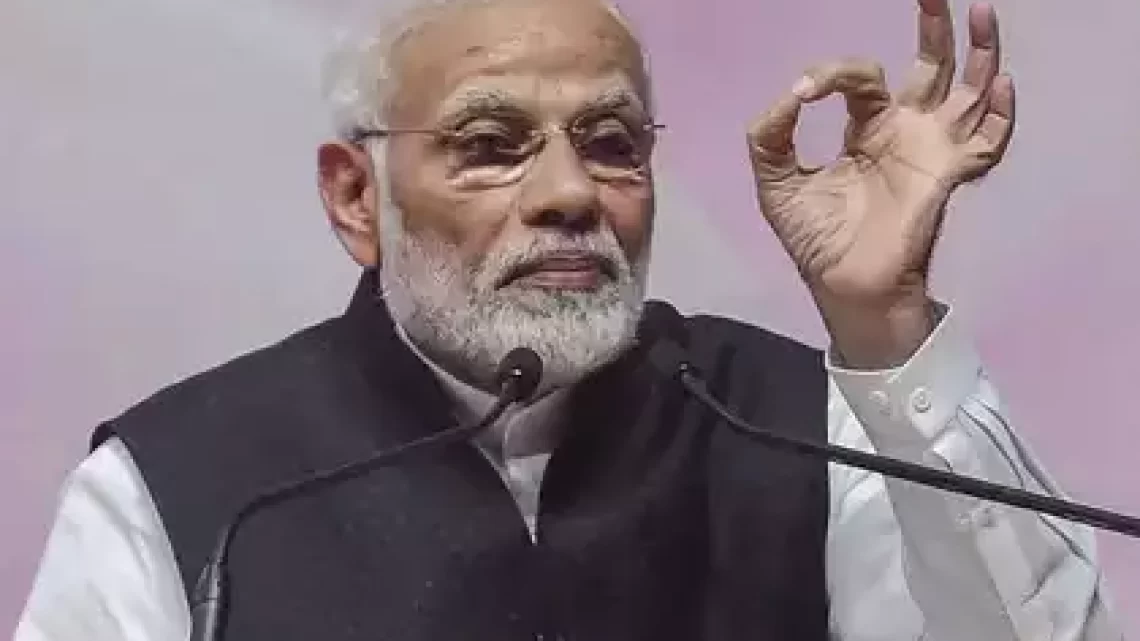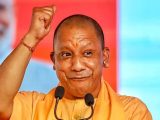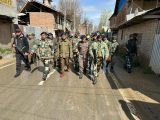
BJP Seeks Third Term Amid Rising Unemployment and Soaring Inequality
May 21, 2024In India, Prime Minister Narendra Modi and the Bharatiya Janata Party (BJP) are campaigning for a third term amid growing concerns over rising unemployment and increasing wealth disparity. While Modi has emphasized infrastructure development, such as the construction of highways, critics argue that these advancements have not translated into sufficient job creation for the populace.
A recent report by *The Guardian* highlights this disparity, noting that while Modi’s administration boasts economic growth and prosperity, this success appears uneven. India’s richest billionaire, Mukesh Ambani, exemplified the nation’s wealth gap by hosting a $150 million pre-wedding party for his son, featuring a performance by Rihanna. Such opulent displays contrast sharply with the financial struggles faced by a significant portion of India’s population.
Under Modi’s tenure, India has seen a surge in the number of billionaires, with Mumbai now surpassing Beijing as Asia’s “billionaire capital.” This increase in wealth at the top tier is seen by some as a sign of economic progress. However, this narrative of prosperity is challenged by those who point out the growing inequality. Despite the government’s claims of reducing poverty, many economists question the accuracy of the data, suggesting that the reality for many Indians is far more dire.
Inflation and a persistent lack of job opportunities are major issues. The economic policies that have benefited the wealthy have not trickled down to the lower half of the population. Unemployment rates remain high, and many young Indians struggle to find stable employment. This economic strain threatens to undermine Modi’s popularity as the nation heads to the polls.
Critics argue that the economic growth under Modi has disproportionately benefited the rich, leaving the poor and middle classes behind. The lavish lifestyles of India’s billionaires starkly contrast with the day-to-day realities of millions of Indians who face rising living costs without a corresponding increase in income or employment opportunities.
As the BJP seeks to extend its rule, it faces the challenge of addressing these economic disparities. The party’s campaign will need to navigate the complex landscape of public dissatisfaction with unemployment and inflation while promoting its achievements in infrastructure and economic policy.
The ongoing election will be a test of whether the BJP’s message of economic growth and development resonates with voters who are increasingly aware of the widening gap between the rich and the poor.
To summarize, as the BJP campaigns for a third term, India’s rising inequality and unemployment are significant issues that could impact the election outcome.

